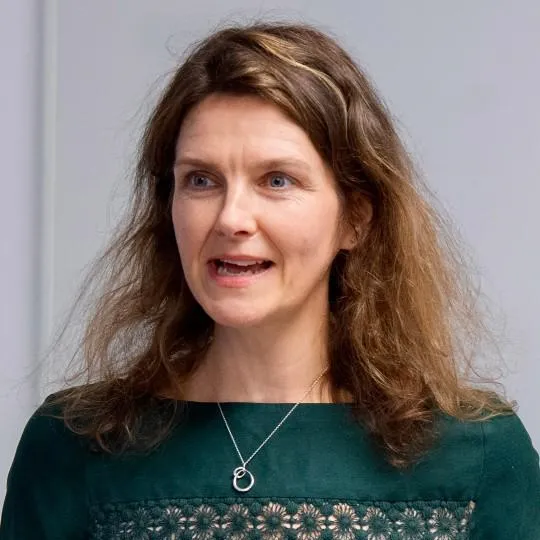Students learning about Science, Technology, Engineering and Maths (STEM) education appear to be increasingly concerned about the climate crisis, with 47% choosing to write about environmental education in their end-of-year dissertations, compared to none four years ago.
The students are on the MA STEM Education programme, run by the School of Education, Communication & Society at King’s. It offers a module ‘Environment, sustainability and the role of education’ which gives them a framework to explore the complexity of environmental education and the pivotal role that education can play in shaping a more sustainable future.
In their dissertations, students have looked at teaching and learning practices, such as how students’ attitudes to nature change with different teaching strategies, and how much teachers believe that climate change education requires carbon literacy (ie, the awareness of the carbon dioxide costs and impacts of everyday activities).
They have also questioned to what extent teachers are prepared to deliver an action-oriented approach to climate change education with a focus on climate justice, and the values and teaching approaches of geography teachers in urban areas when it comes to learning outside the classroom.
Other students have examined children’s affective attitudes towards plants in a UK primary school context, how natural history has been talked about in children’s magazines since the late 19th century, how climate change education is brought about in the Indian school system, and the variety of qualification pathways into environmental related degrees during a climate crisis.
Dr Melissa Glackin, Director of the STEM Education MA programme, said: “It is extremely satisfying, and reassuring, to see an increasing number of our MA students taking their learning further and exploring these important issues within their dissertations.”
A few of the students took their research projects further and published edited versions of the dissertations in the book Heartwood. Voices from environmental education: Academic research meets head, heart and hands. Published in July 2023, this essay collection made of reflections from both students and staff shares important academic thinking on environmental education in an accessible and engaging manner.
The volume has been edited by Dr Melissa Glackin along with Shirin Hine and Sophie Perry, two MA students turned PhD candidates. Committed to continue to study the field of environmental education in their postgraduate research, they aim to better understand the complexity of environmental education and the benefits it can bring.
Driving forward the pace of research, education and action to enable a societal transition to environmental sustainability is a strategic priority for King’s. By 2026, the College aims to provide environment, climate and sustainability taught education for all King’s students.





